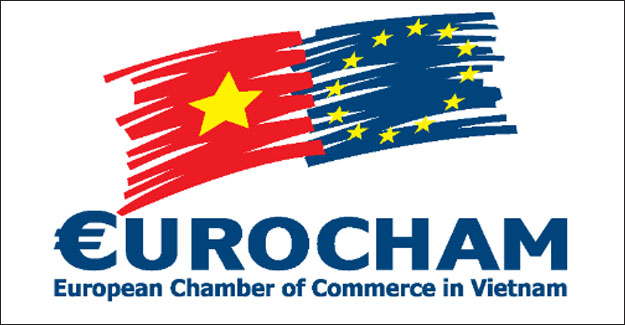Eurocham Business Climate Index Down 6.4 Points: Q3 2022
- A lower BCI may reflect “the instability of a recovering Vietnam economy”.
- Positive perceptions of the EVFTA have decreased.
- Companies relocating part of their operations from China to Vietnam have increased.
- Reducing red tape is key to increasing FDI in Vietnam
The European Chamber of Commerce, in conjunction with Decision Lab and YouGov, has released the Eurocham Business Climate Index (BCI) for the third quarter of 2022, reporting a 6.4 unit decline in the domestically well-known index. “While still a positive indicator of growth,” the report says, “the declining BCI may reflect the instability of a recovering Vietnam economy.”
This is the second month in a row that the index has fallen, suggesting business sentiment may be on a downward trend. The report also found that 19% of respondents believed the economy would deteriorate in the fourth quarter of 2022. This was up from 12% in Q3 of this year.
Similarly, just 42% of respondents agreed that the economy was “more likely to stabilise and improve in the next quarter (Q4)”. This was down from 60% of respondents in Q2. Business performance was also down in the third quarter; however, respondents were optimistic about Q4 estimating only a slight decline between the start of October and the end of the year.
It also found that headcount planning should remain steady moving forward while investment planning and order/revenue expectations are expected to record slight increases.
Perceptions of the European-Vietnam Free Trade Agreement (EVFTA)
The survey also quizzed business leaders on their understanding of the EVFTA and its relevance to their business. More than half of respondents, 63%, said they had an ‘adequate’ or higher understanding of the EVFTA, with 65% saying it was at least partially ‘relevant’ to their business.
That said, there was a small decrease in the number of people surveyed who said they believed the EVFTA had benefited their companies. The report attributes this to a “a lower understanding of the free trade agreement”.
The key barriers to the implementation of the agreement it says are “administrative procedures”, “a lack of understanding of the agreement”, and “technical barriers to trade”.
Future FDI from the European business community
On foreign direct investment (FDI), the report found that 17% of respondents had moved at least part of their operations from China to Vietnam, reflecting a wider rejigging of supply chains with a number of businesses opting for a
China plus one strategy.
Furthermore, 59% said their company’s FDI in Vietnam was likely to increase to some extent.
To increase the level of FDI, the report found reducing red tape and greater infrastructure development to be the keys to attracting greater FDI. These were followed closely by improved human resources capacity, making it easier for foreign experts to get visas, and lower tax rates for foreign firms.
The Development of Vietnam's green economy
Despite 25% of respondents saying development of Vietnam’s green sector was important for attracting greater FDI, positive sentiment toward Vietnam’s potential for sustainable green development dropped.
This, the report found, can be remedied by: strengthening the legal framework around green development, infrastructure development, incentives for investors in the green economy, improved access to the Vietnamese market for foreign investors, and greater dialogue with government officials.
(The Eurocham Business Climate Index is a quarterly survey of Vietnam-based European business leaders and local business leaders that have strong connections to the European business community.)
Textile Excellence
Previous News
eurozone contracts further as germany heads for recession
Next News
cost-of-living squeeze drives confidence to historic low













